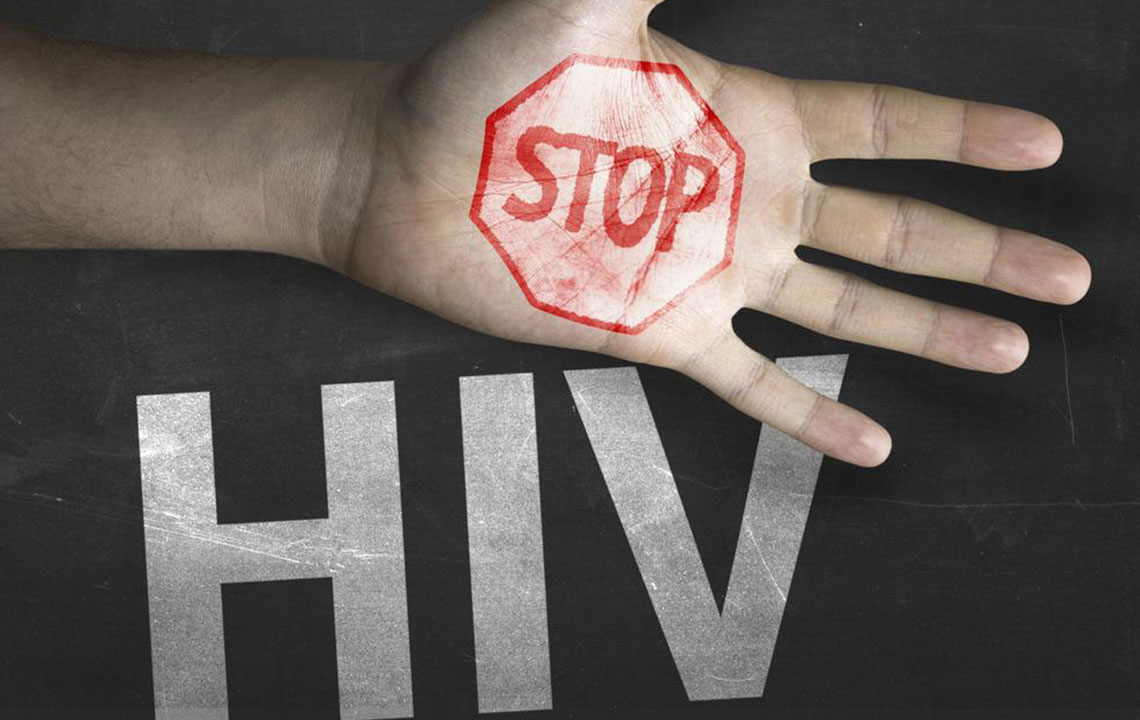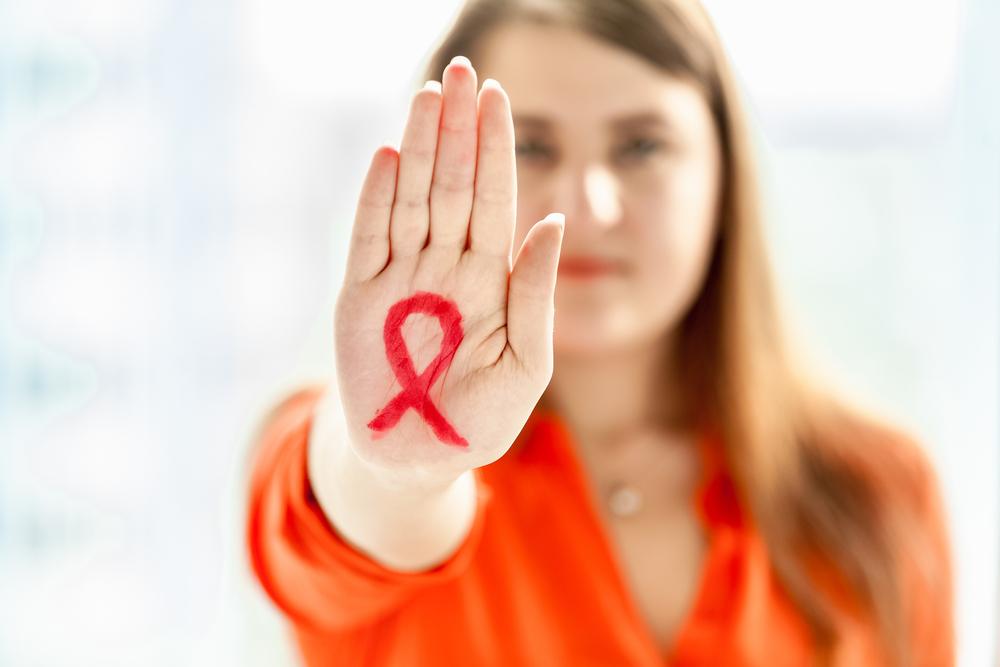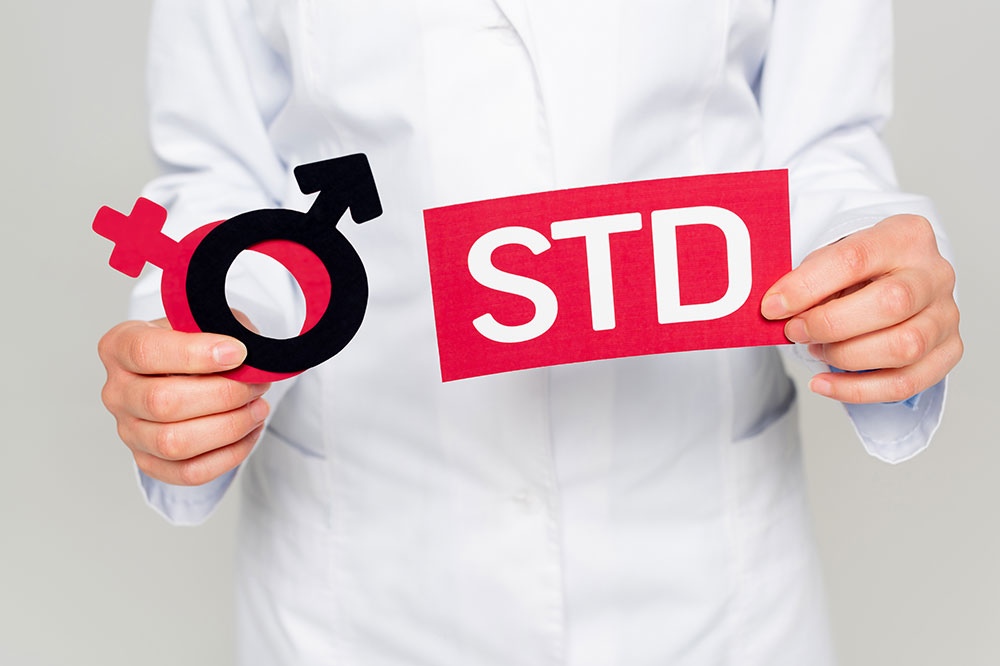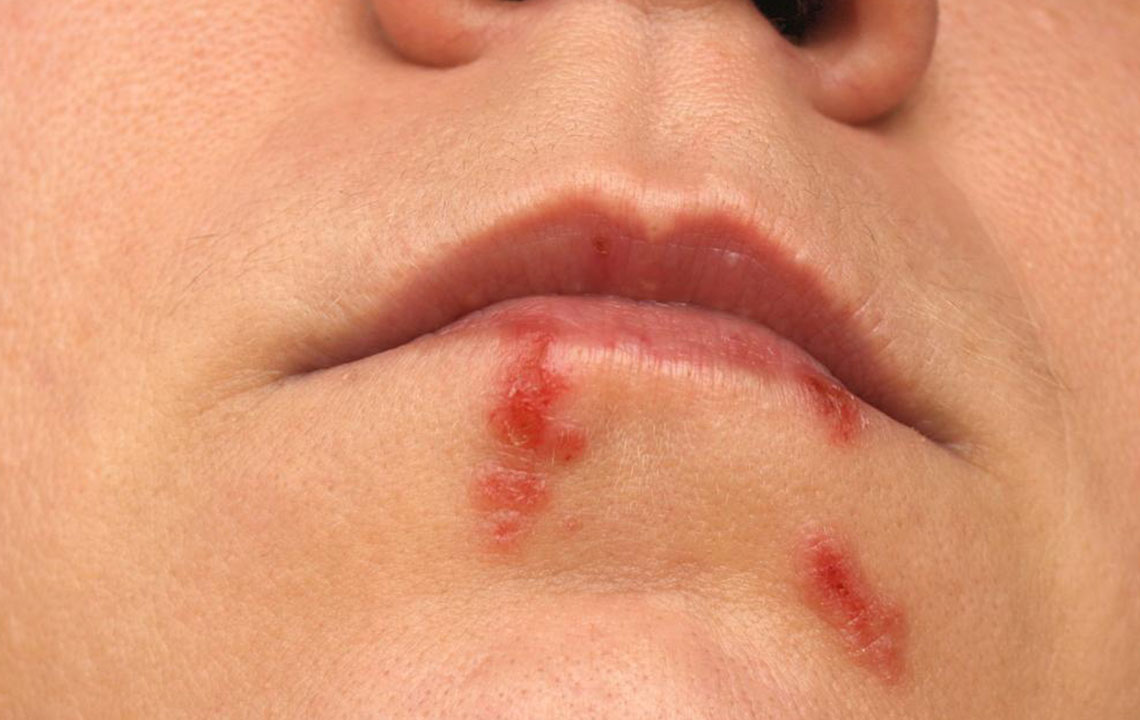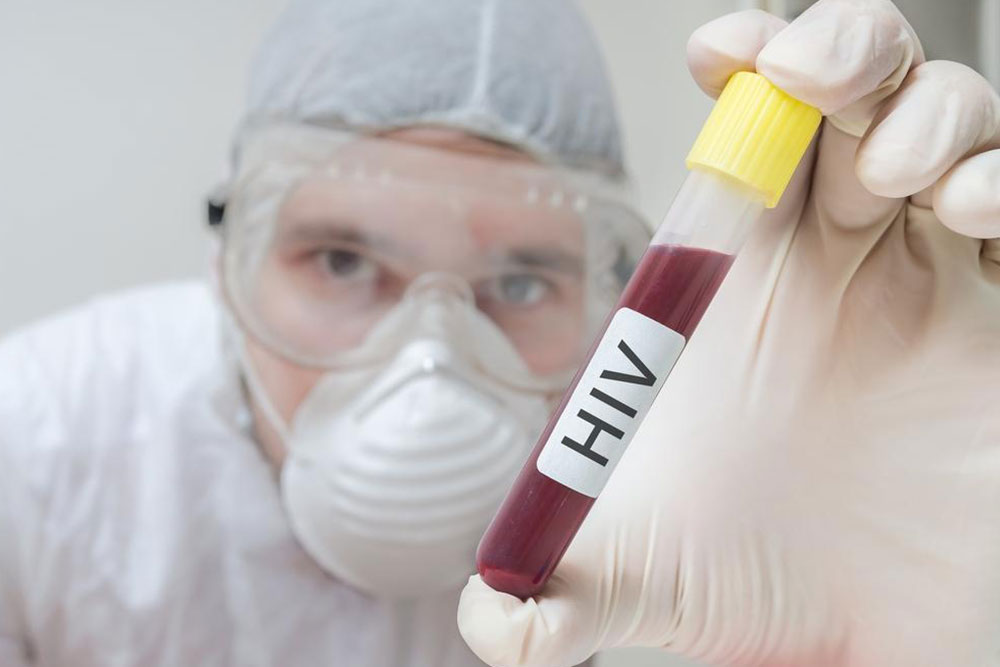Essential Strategies to Prevent HIV Transmission
This article outlines crucial methods to prevent HIV infection, emphasizing safe practices, regular testing, and medication options like PrEP, PEP, and ART. It also discusses precautions for expectant mothers and the importance of educating oneself about transmission risks. Proper condom use, limiting partners, and seeking medical advice are key to reducing HIV spread and maintaining health. Staying informed and proactive can significantly lower the chance of infection, ensuring safety for individuals and communities alike.
Sponsored
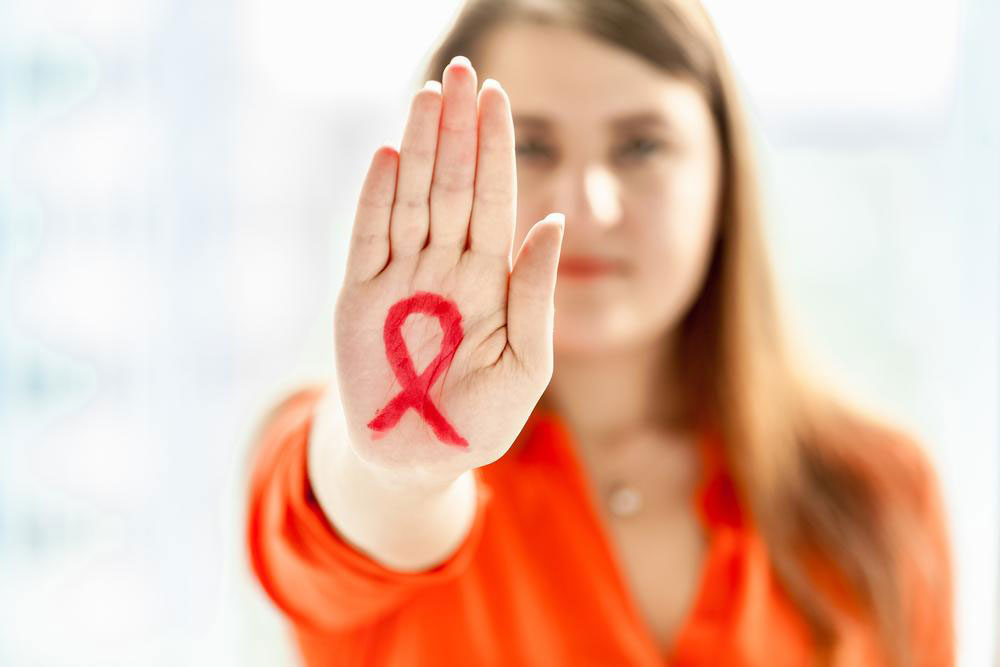
Awareness and education are crucial in preventing HIV infection. Advancements have improved our understanding of how HIV spreads and how to protect ourselves. Here are important facts about HIV:
HIV is a virus that attacks the immune system and can be transmitted from an infected individual to a healthy person through specific body fluids.
HIV spreads primarily through blood, vaginal fluids, semen, pre-seminal fluids, and rectal fluids of an infected person.
Casual contact such as hugging, kissing, or sharing objects like dishes or toilet seats cannot transmit HIV.
Avoid injecting drugs yourself. If necessary, use sterile needles and equipment, especially for body piercings.
Consistently use condoms during sexual activity—oral, vaginal, or anal—to effectively reduce HIV risk. Proper use of condoms is essential, particularly with multiple partners.
Limit the number of sexual partners and ensure both partners are tested for STDs, as other infections can increase the likelihood of HIV transmission.
More partners mean higher risk.
In the US, HIV is often transmitted through sharing contaminated needles. Staying informed helps prevent infection.
For those at high risk, consulting healthcare providers about PrEP and PEP options is advisable. These medications significantly lower the chances of contracting HIV when taken correctly.
Expectant mothers are advised to follow medical guidance throughout pregnancy and delivery to prevent passing HIV to their babies. Neonates may receive medication for 4-6 weeks post-birth to protect them from infection.
Individuals already living with HIV can benefit from regular Antiretroviral Therapy (ART), which helps manage the virus and reduces transmission risk, enabling a healthy life.

